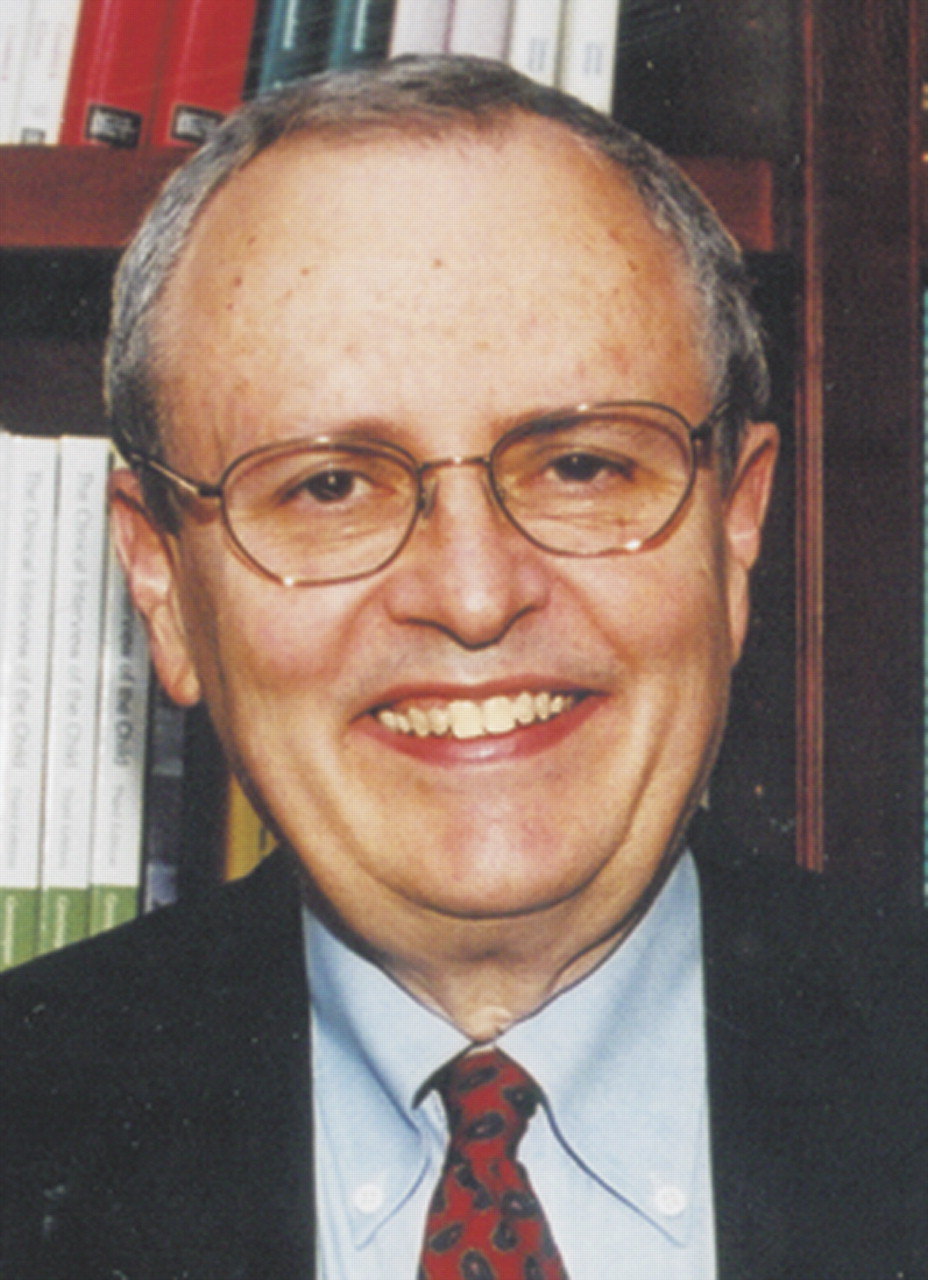Psychiatry Has Become `Strategic Specialty'
What can I say—and should I say—as president of APA about the traumas of the wars in Iraq and Afghanistan? Aside from my obligation as a citizen to express an opinion in support of or against this “war on terror” (recently renamed the “global struggle against violent extremists”), what else can I say about this conflict?

In a systematic study published in the July 1, 2004, New England Journal of Medicine, Col. Charles Hoge, M.C., and colleagues from the Department of Psychiatry and Behavioral Sciences at the Walter Reed Army Institute of Research confirmed what many of us had suspected—that serving in Iraq is associated with an unusually high risk of psychiatric problems. They surveyed nearly 4,000 soldiers about psychiatric symptoms three to four months after their return from combat in Iraq or Afghanistan. The same survey was administered to another group of soldiers before their deployment. About 16 percent of the respondents who returned from Iraq met the criteria for major depression, generalized anxiety, or posttraumatic stress disorder. This rate is significantly higher than that of the group of soldiers surveyed before deployment.
Of particular concern in the report was the fact that only a minority (23 percent to 40 percent) of those whose responses were positive for symptoms of a mental disorder had sought mental health care. Worry about stigma was expressed disproportionately among those most in need of help from psychiatric services. The study authors noted that reducing barriers to psychiatric care is a major priority.
There are many news accounts of individual soldiers who have completed their tours of duty in Iraq or Afghanistan and then have had problems or have suffered upon return home. A wire service news story last summer reported that one recently returned Marine from Lawrence, Mass., had been accused of firing a shotgun at a crowd of club goers. He pleaded not guilty and was ordered for an evaluation at a state psychiatric hospital. He had been named “Marine of the Month” in the last month of his service as a military mortician in Iraq.
We should not, as psychiatrists, exaggerate the numbers who might return with serious psychiatric problems, however. Military and Department of Veterans Affairs officials note that most military personnel will survive this war without serious problems, and many who experience psychological trauma will recover without psychiatric care. These officials note that, in comparison with Vietnam, the soldiers in Iraq and Afghanistan receive far more mental health support and are likely to return to a more understanding public.
The duration and intensity of the war, however, have doctors at veterans hospitals across the country worried about the coming caseload. Of particular concern are the numbers of gravely wounded soldiers who survive thanks to modern triage, evacuation, and care at the front but then must cope with severe injuries and lifelong disabilities. With about 2,000 American deaths in Iraq and 15,000 wounded and no end in sight for our involvement, it is clear that psychiatric casualties will continue to increase and be part of our legacy for this war, which has been the case for prior wars. Psychiatry is a strategic specialty in this era of terrorism and military conflict.
Our strategic value was underscored for me by the recent articles in the New Yorker, New England Journal of Medicine, and Lancet on the participation of psychiatrists and psychologists in the interrogation of prisoners at Abu Gharaib and Guantanamo. These mental health professionals participated not as clinicians, but as consultants and members of Department of Defense (DoD) behavioral science consultation teams. Their involvement reminded me of the ethical prohibition against physician participation in torture in any capacity. As a profession within medicine, psychiatry must condemn such involvement as a violation of our ethics. We need to distinguish ourselves from the profession of psychology, which has provided exceptions to the standard ethical precepts for psychologists participating on these DoD teams.
In contrast to that of the psychologists, the Ethics Committee of APA is proposing a new annotation that would make the psychiatrists' position exceptionally clear: “Psychiatrists must oppose and must not participate in torture for any reason, in any role, such as in an advising, consulting, or observing capacity.” Moreover, last month APA's Board of Trustees passed a position statement to that same effect (see Original article: page 4). The Assembly will review the statement this month.
As a concerned citizen, I find it remarkable that so few people in this country are feeling the pain of this “war on terror.” Uwe Rhinehardt, a health economist whom I respect and follow closely, pointed out recently in the Washington Post that 95 percent of Americans are comfortably insulated from this war because the vast majority of them are not bearing any burden, and thus they are likely to believe that such wars are worth the cost. Perhaps that's changing for some. But it may be that only when we experience the rationing of scarce commodities or we reinstitute the draft to make the sacrifice of serving more equitable across the population, the public will weigh in more forcefully on the benefits and costs of this conflict.
But here I express my concern as a citizen and not as a psychiatrist. For psychiatry, we play a crucial role in dealing with the toll of this military engagement and the psychiatric casualties that occur, including the high number of severely wounded survivors who need our services. And we must be clear about our ethical obligations and not participate in the interrogation of military prisoners. ▪



